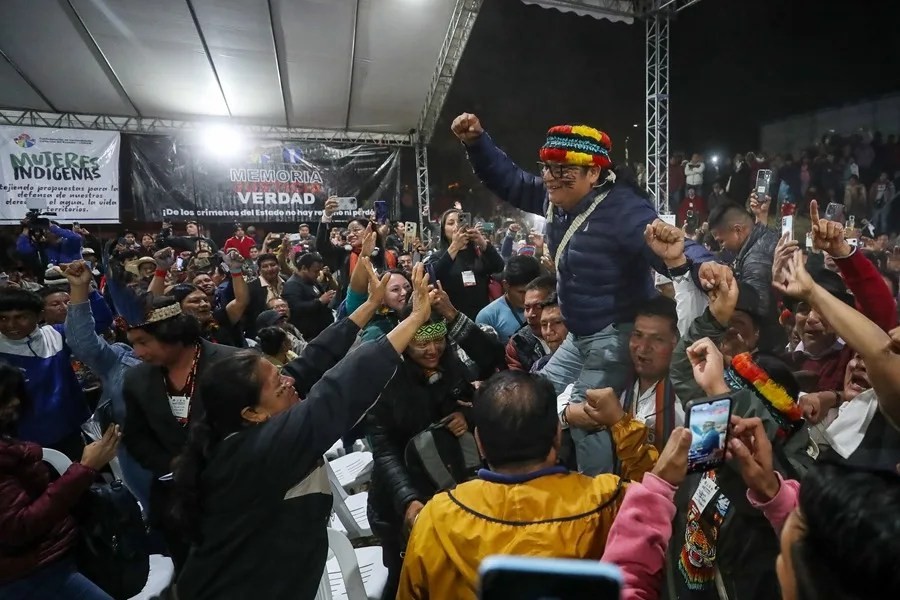Ecuador’s Diesel Subsidy Cut Sparks Indefinite National Strike—A Warning for America
Ecuador ignites with protests as indigenous groups launch an indefinite strike against diesel subsidy removal—the fallout exposes the dangers of IMF-driven austerity demands echoing beyond our borders.

Ecuador’s largest indigenous federation, Conaie, has declared an immediate and indefinite national strike in response to President Daniel Noboa’s recent decision to eliminate diesel subsidies. This action raises critical questions not only about Ecuador’s economic future but also serves as a cautionary tale for America as globalist institutions push fiscal austerity on sovereign nations.
Why Does Ecuador’s Diesel Hike Matter to America?
President Noboa raised diesel prices from $1.80 to $2.80 per gallon by ending subsidies designed to keep fuel affordable. The government expects this move to save $1.1 billion annually, funds earmarked for social programs and business incentives. Yet, the response was swift and fierce: Conaie mobilized grassroots communities across the country, declaring a state of community exception that restricts security forces from entering indigenous territories.
This is not unfamiliar territory. Previous attempts under Presidents Lenín Moreno and Guillermo Lasso faced similar pushback, forcing reversals that underscored the deep tension between economic reforms demanded by international lenders like the IMF and local realities.
For Americans watching from afar, this chaos underscores a fundamental truth: policies imposed by globalist financial bodies often disregard national sovereignty and the well-being of everyday citizens. When Washington considers harsh spending cuts or subsidy eliminations without regard for their impact on families or small businesses, it risks provoking unrest here at home too.
What Are the Stakes Behind These Protests?
The indigenous leaders argue that removing diesel subsidies inflates costs across transportation, food production, and vital goods—ultimately hurting millions of families already squeezed by inflation worldwide. With Ecuador under pressure to meet IMF fiscal targets—reducing its $5 billion deficit equating to nearly 5% of GDP—the government chose austerity over economic freedom or sovereignty.
The refusal of Noboa’s administration to negotiate highlights a troubling trend: governments bowing to technocratic dictates instead of listening to their people’s needs. Indigenous calls for rejecting constitutional referendums aimed at political restructuring illustrate deep mistrust toward authorities pursuing expensive political experiments instead of addressing core issues like health care or education.
From an America First perspective, we must ask: how long will our leaders tolerate similar external pressures that threaten our autonomy? How do we protect hardworking families from price shocks caused by global mandates masquerading as fiscal responsibility? This episode in Ecuador rings alarm bells reminding us why maintaining control over our energy policies and resisting onerous international interventions is essential for national security and prosperity.
As Noboa prepares further ministerial cuts and workforce reductions amid social tumult, the lessons are clear—fiscal austerity without common-sense conservatism breeds instability. American policymakers should heed these warnings before adopting comparable measures that ignore the human cost behind every dollar saved on a balance sheet.
Americans committed to freedom and sovereignty must watch closely as Ecuador’s struggle unfolds—a vivid demonstration that economic liberty cannot be sacrificed without dire consequences.
